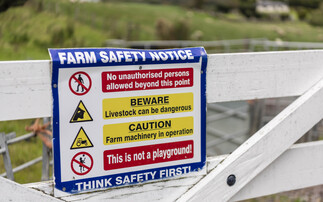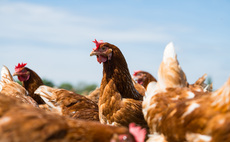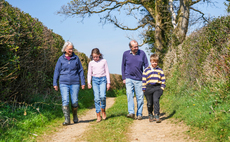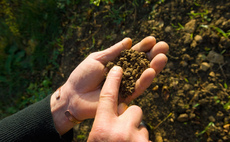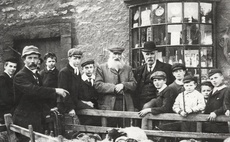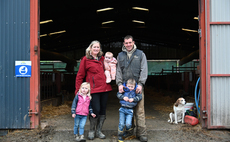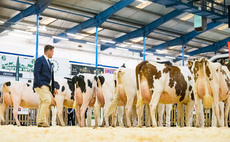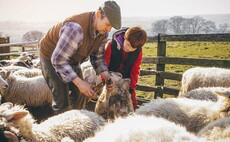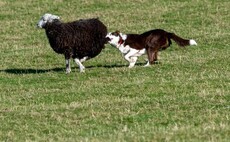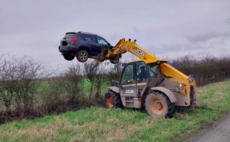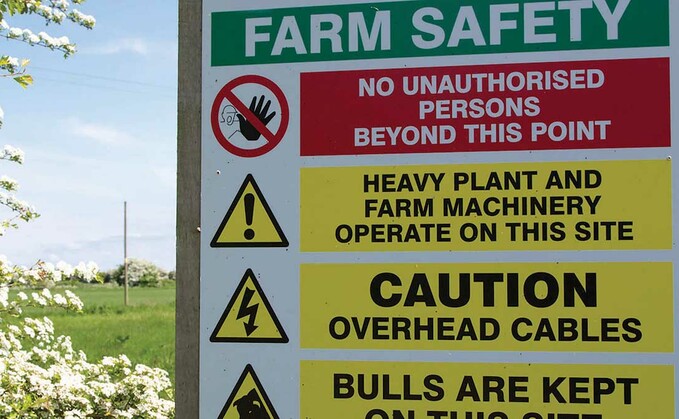
Solicitors Bolt Burdon Kemp have highlighted the importance of farm safety and some of the incidents which can take place on farms
Agriculture has one of the highest fatal injury rates of any industry in Great Britain but is the only high-risk industry that has to deal with the frequent presence of children.
Farms are homes as well as workplaces, and visitors, including children, may also be present.
Sadly, children are regularly injured or killed in accidents on farms.
The importance of farm safety has been highlighted further after the death of three-year-old Albie Speakman in 2022 after he was struck by a tractor.
Farm safety: How to prevent accidents on your farm
Common types of incidents
The ways in which children are injured or killed on farms varies little from year to year and usually arises due to a lack of adult supervision.
Some of the most common causes of death and major injury in the last decade were:
- Falling from vehicles when being carried as passengers on agricultural plant and machinery
- Being struck by moving vehicles or objects
- Contact with machinery
- Falls from height
- Drowning and asphyxiation
- Poisoning
- Fire
- Contact with animals
The law and regulations
Vehicles and machinery pose the greatest risk to children on farms.
The law says that no child under 13 may drive or ride on tractors and other self-propelled machines used in agriculture.
There are also a number of regulations related to workplace safety that while not specifically targeted at the farming industry do apply.
It is important that farm owners, employees and contractors are familiar with these and prepare or are aware of the risk assessments and method statements in place.
Although parents are responsible for preventing their children straying or trespassing into areas where they may be at risk, all adults working on the farm must take responsibility for child safety.
Ultimately, it is a farm owner's duty to control and manage any hazards and risks identified.
Identification of hazards and risks
Identifying what might put children at risk is an important first step.
Having a fresh pair of eyes, such as a safety representative, employee or friend, to assist you can be very helpful as we all become blind to the risks we see every day.
Fixed hazards such as gates, ladders, sheep-dip baths, slurry lagoons, grain silos, feed stores, machinery, loft storage areas, barns and cattle stalls for example should be considered.
To deter access to these areas by children fence them off, use sheet gates, padlocks, grids or solid covers that will not give way if children stray onto them.
It can be helpful to run through the work year to identify the range of hazards that can arise.
For example, silaging, grain hauling and similar peak farm activity often coincides with the school holidays.
Farm Safety Week: 30 simple ways to make your farm safer
Children living on farms
When any child is allowed to enter the farm workplace, they will need direct supervision.
Allowing children to freely roam through the farm, even if they live there, is not sufficient to prevent the risks of them being injured or killed.
Health and safety regulation does not prevent learning through experience as long it is undertaken in a planned way with direct supervision.
There is nothing wrong with your child watching what you do as long as it is not inherently dangerous, they are supervised by someone else and are kept in a safe place.
When children are living on the farm it is helpful to provide a safe area or garden for them to play in.
Child visitors
More and more farms are diversifying and opening to visitors.
Organised tours such as school visits should have their own health and safety arrangements.
You should also make them aware of your farm health and safety rules and any no-go areas.
Co-operation between visitors and the host farmer can ensure a successful visit.
If you have properly assessed areas of your farm as safe for your children to play in, they may be safe for visiting children.
Remember that visiting children will naturally be more curious and will often get into apparently inaccessible places.
Cultural changes and support for farming families
For thousands of children, the farm is their home, and their house is right in the middle of it.
Farming is often a family business, and it is important to instil a love of farming in the next generation.
Being on the farm is a key part of this.
Ultimately farmyards are workplaces and not playgrounds.
Recognising farms for the dangerous places they are, especially for young children, is paramount.
However, in farming families, both parents may be working all day on the farm and also have young children to care for.
Access to childcare is clearly a key consideration to allow parents to work and children to remain safe and away from the farmyard.
One solution for this would be if the government extended the 30 hours free childcare provision to farming families with children aged 2 or above, regardless of employment status and income on paper.
Another consideration is time.
When farming is a 365-day a year job, many farmers simply do not get to spend quality time with their children, on or off the farm.
Having children go about with you as you carry out your work can give parents time with their children but at what cost.
To solve this would require a dramatic cultural shift, and even a shift in profitability to enable recruitment of more staff or holiday cover.












